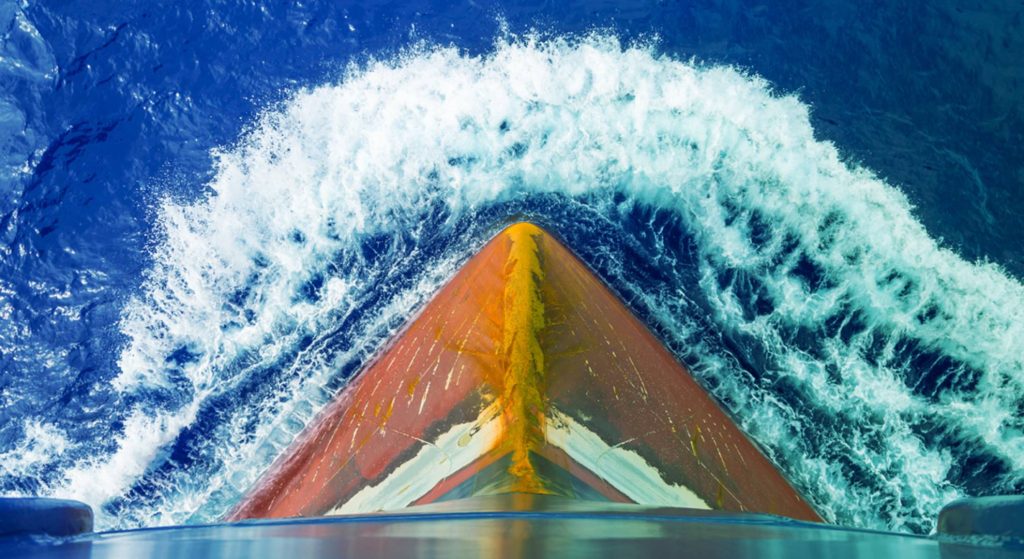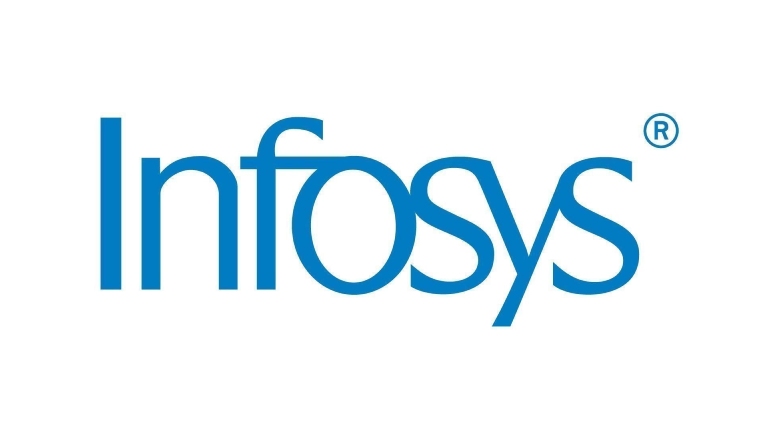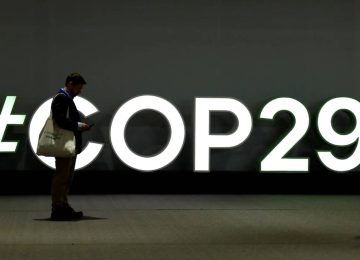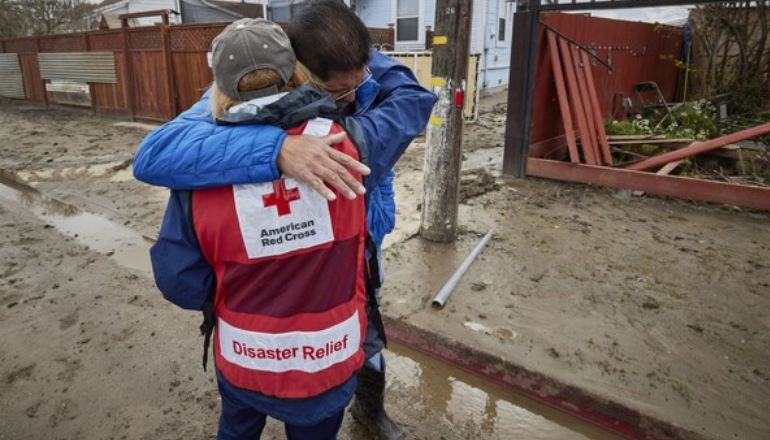India has voted in favor of the world’s first-ever global carbon tax imposed on the shipping industry.
The IMO Net-Zero Framework, the first globally binding framework to combine mandatory emissions limits and GHG pricing, aims to achieve net-zero emissions
by 2050.
However, the framework has drawn criticism from countries, many of them highly vulnerable to climate change.
The IMO net-zero framework draft:
The draft regulations mandate ships to reduce their annual greenhouse gas fuel intensity (GFI) and acquire remedial units to balance emissions. Those using zero or near-zero GHG technologies will receive financial rewards.
The IMO Net-Zero Framework draft regulations also mandate a marine fuel standard and global emissions pricing for shipping to combat climate change.
Funding:
Ships can earn surplus units at Base and direct compliance targets, using remedial units, transfers, and banked surplus units to offset emissions above predetermined limits.
The IMO Net-Zero Fund will collect emissions pricing contributions, disbursing revenues to reward low-emission ships, support innovation in developing countries, fund training and capacity building, and mitigate negative impacts on vulnerable states. Carbon pricing is expected to reduce emissions by 10% by 2030.
The carbon tax funding mechanism:
Ships will be billed according to the severity of their emissions under the mechanism.
In 2028, for instance, ships that use conventional fuel would pay $100 per ton for other emissions that surpass certain thresholds and $380 per ton for the most polluting part of their emissions.
The purpose of this phased pricing structure is to progressively penalize the use of fossil fuels, including liquefied natural gas.
Key technical details, such as how the revenue will be used and distributed, have not yet been finalized, despite the basic framework having been agreed upon. In October 2025, the policy is anticipated to be formally adopted.
Support and critique:
The deal was supported by 63 countries, including India, China, and Brazil, but opposed by oil-rich nations like Saudi Arabia, the UAE, Russia, and Venezuela. The US delegation did not participate in negotiations and was absent during voting.
A group of more than 60 countries, largely from the Pacific, Caribbean, Africa, and Central America, had pushed for a share of the revenues to be directed towards broader climate finance needs.
For example, Tuvalu-an island country in Oceania—speaking on behalf of the Pacific Island nations, criticized the lack of transparency in the negotiations and said the current design fails to promote a real shift to cleaner fuels.
Smaller-country negotiators and environmental organizations have declared their intention to keep pushing for a more ambitious and equitable solution that includes assistance for those most impacted by the climate crisis.
Ralph Regenvanu, Minister for Climate Change, Vanuatu (another country in Oceania), alleged that countries like Saudi Arabia, the US, and other fossil fuel producers had “blocked progress at every turn” and weakened proposals that could have aligned the shipping sector with the 1.5 degrees Celsius temperature limit under the Paris Agreement.
Laurence Tubiana, CEO of the European Climate Foundation and one of the key architects of the Paris Agreement, said the IMO’s decision to introduce a global carbon pricing system for shipping is a positive step because it recognizes that polluters must pay for the damage they cause to the climate.
However, she called the agreement insufficient, especially as it does not include a proper shipping levy. “This was a missed opportunity,” she said, adding that there is strong public support globally for taxing polluting industries and the super-rich.
Key elements of the IMO Net-Zero Framework:
The IMO Net-Zero Framework will be included in a new Chapter 5 of Annex VI (Prevention of air pollution from ships) to the International Convention for the Prevention of Pollution from Ships (MARPOL).
MARPOL Annex VI currently has 108 parties, covering 97% of the world’s merchant shipping fleet by tonnage, and already includes mandatory energy efficiency requirements for ships.
These measures, set to be formally adopted in October 2025 before entry into force in 2027, will become mandatory for large ocean-going ships over 5,000 gross tonnage, which emit 85% of the total CO₂ emissions from international shipping.
Arsenio Dominguez, Secretary-General, IMO, said, “The approval of draft amendments to MARPOL Annex VI mandating the IMO net-zero framework represents another significant step in our collective efforts to combat climate change, to modernize shipping, and to demonstrate that IMO delivers on its commitments. Now, it is important to continue working together, engaging in dialogue, and listening to one another if we are to create the conditions for successful adoption.”












